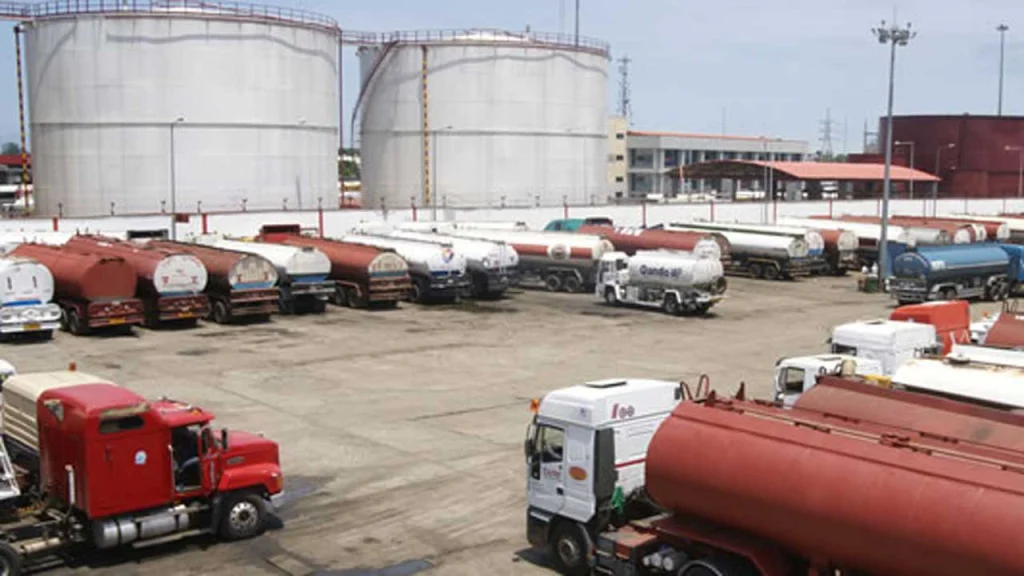Oil marketers are feeling frustrated as the Nigerian National Petroleum Company Limited (NNPC) has shut down its petrol purchasing portal, preventing dealers from placing new orders.
They have stated that they are currently awaiting a delivery of over 90 million litres of petrol, which is valued at around N79 billion, from the state-owned company.
The NNPC has confirmed the portal’s closure, explaining that it is necessary to manage a substantial backlog. According to NNPC spokesperson Olufemi Soneye, this decision was made to prevent marketers from having their funds tied up for long periods while the backlog is sorted out.
“We have a significant backlog to clear, and the portal was shut down to prevent holding marketers’ capital for too long,” Soneye stated.
He assured that the portal would be reopened once the backlog had been sufficiently reduced.

Marketers, however, continue to express dissatisfaction over the portal’s closure, with over 2,000 petrol supply tickets awaiting processing. The National Publicity Secretary of the Independent Petroleum Marketers Association of Nigeria (IPMAN), Chinedu Ukadike, has verified that marketers cannot access the portal to verify prices and place new orders but can load products.
According to Ukadike, the cost of each 45,000-litre truckload of petrol is around N39.5m, resulting in an approximate total of N79bn when multiplied by the 2,000 pending tickets.
The Petroleum Retail Outlets Owners Association of Nigeria (PETROAN) has verified that its members are also impacted by the shutdown.
PETROAN President Billy Gillis-Harry briefly noted, “The portal shutdown affects us too, we are all buying from NNPC.”
Meanwhile, independent marketers are patronising private depot owners, buying petrol at higher prices, leading to increased fuel costs at their stations compared to NNPC and major marketers’ outlets.
Some marketers have complained that they have been waiting for petrol supply for months after making payments. Some orders have been delayed for up to three months.
The delays have prompted marketers to consider other options, such as buying petrol directly from the Dangote refinery to keep prices consistent for everyone.


